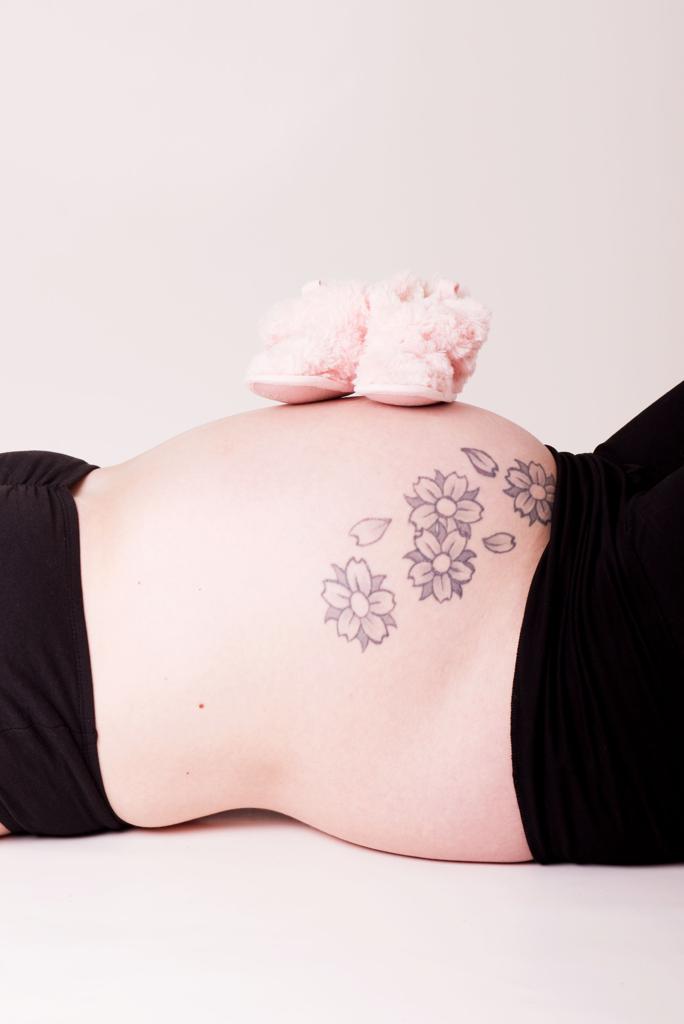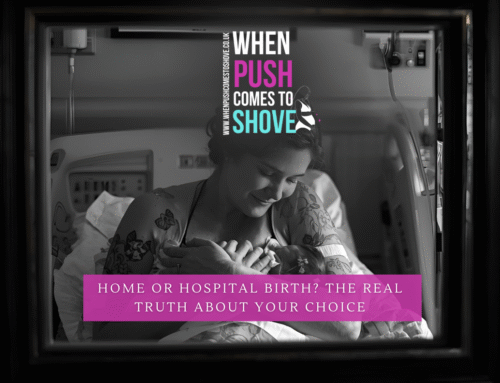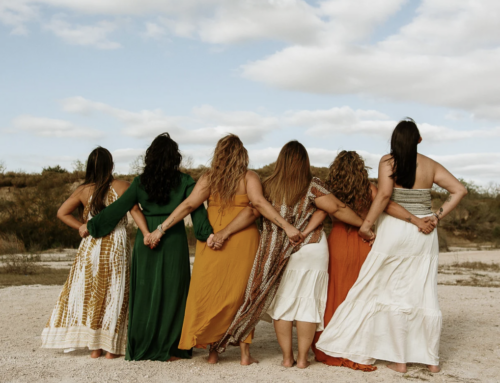Navigating the Legal and Ethical Aspects of Unassisted Births
Unassisted childbirth, or freebirth, is a decision some women make for a variety of personal reasons. These can range from past negative experiences with medical interventions to a strong belief in the natural birthing process. This blog aims to explore the legal and ethical considerations surrounding unassisted births, particularly in the UK context.
Understanding Unassisted Birth:
Unassisted birth refers to a woman deciding to give birth without the assistance of medical professionals. This choice is often rooted in the trust in one’s body and its natural ability to give birth. While it is a deeply personal decision, it’s important to understand the legal and healthcare framework that surrounds it.
The NHS Stance and Women’s Right to Choose:
The NHS Constitution respects the rights of women to make informed choices about their care, including decisions about childbirth. Women who opt for an unassisted birth should, in theory, not face automatic repercussions for this decision. However, the practical application of these principles can sometimes be more complicated.
Potential Involvement of Healthcare Professionals:
Healthcare professionals may become involved if there are concerns about the safety of the mother or child. While choosing an unassisted birth is not in itself a reason for reporting to social services, misunderstandings or concerns may arise. It’s important to recognise that most healthcare workers are acting in what they believe to be the best interest of both mother and child.
Mental Capacity Act and Decision-Making:
The Mental Capacity Act 2005 is relevant here. It outlines that an adult has the right to make her own decisions, provided she has the capacity to do so. This includes decisions about childbirth. A woman’s decision to have an unassisted birth should be respected if she is deemed to have the capacity to understand, retain, and weigh the information relevant to that decision.
When Concerns Lead to Assessments:
Healthcare professionals should NOT be reporting you to social services purely because you decided you did not want to engage a medical practitioner for your pregnancy and birth. However this still happens. They may interpret your confidence in a physiological process as a safeguarding issue.
Rights in the Face of Potential Overreach:
If a woman feels that her choice of an unassisted birth has led to an unjustified intervention or reporting, she has the right to challenge this. This can include taking the name and PIN number of the healthcare professional involved and reporting them to the Nursing and Midwifery Council (NMC) for a potential abuse of authority or breach of the NHS constitution.
The choice of an unassisted birth is a significant one, surrounded by complex legal and ethical considerations. Women making this choice should be aware of their rights under the NHS Constitution and the Mental Capacity Act. They should also be prepared to engage with healthcare professionals if concerns are raised, understanding both their rights and the responsibilities of those professionals.
Further Learning and Support:
If you wish to gain a deeper understanding of your rights around pregnancy and birth, and learn how to effectively navigate the maternity and social services, consider signing up for our ‘Navigating the System Workshop’. This 5-hour workshop is designed to empower you to advocate for yourself effectively. When Push Comes To Shove is recognised as the leading freedom-fighting maternity initiative globally. Our courses are accredited by the International Practitioners of Holistic Medicine (IPHM), ensuring you receive the highest quality education. We are dedicated to serving women, not the system. This is the future of maternity care; this is When Push Comes To Shove.








